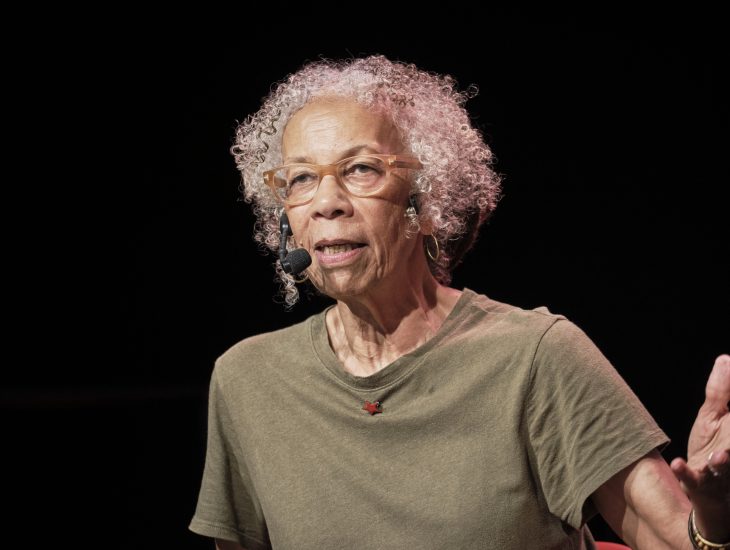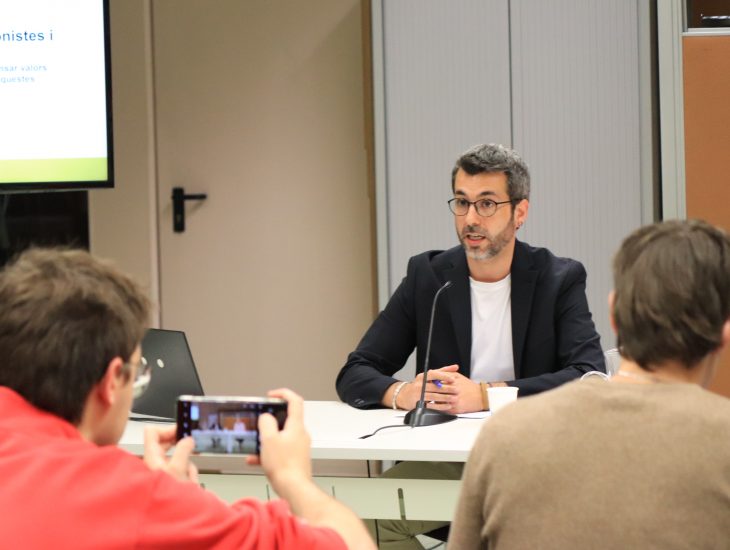On Wednesday 14 June ICIP held a seminar entitled Peace Beyond Security in Public Policies at the Museum of Badalona. The aim of the seminar was to analyze the notion of security on which present policies are based and subsequently to assess specific policies in order to consider alternatives that imply a substantial change in policies lacking a peace perspective.
In the keynote address, David Chandler, Professor of International Relations at the University of Westminster and Director of the Centre for the Study of Democracy, highlighted the need to move towards a non-securitized peace because the discourses of security are too binary: us/them, good/bad. “Peace has failed internationally because of securitization, because it has become an oppressive security,” he said, and he called for a more creative, plural and transformative peace. According to Chandler, peace cannot have goals; it should be “an open process without objectives, prejudices or conclusions.”
The seminar also devoted a roundtable to the foreign impact of the securitization of policies. Mark Akkerman, a researcher at Stop Wapenhandel, and Carme Colomina, a journalist and member of ICIP’s Governing Board both highlighted EU commitment to the militarization of its borders and the outsourcing of security to third countries.
In the next session, on tools of security, the need for armed forces was called into question in a world where what needs to be protected is no longer the territorial integrity of the State but people. Helena Torroja, Professor of Public International Law at the University of Barcelona, also brought up the phenomenon of defense privatization through private security companies. Torroja denounced the threat to human rights posed by the fact that the private sector is assuming responsibilities that until now belonged exclusively to states.
The final session of the seminar was devoted to internal state security. The speakers warned that the securitized response to phenomena as diverse as terrorism and citizen protests is limiting people’s freedoms and jeopardizing the progress made in the field of human rights. Raymond Taras, a writer and Professor of Political Science at Tulane University, also reflected on the discourse of fear and the importance of the emotional burden. According to Taras, emotions in politics corrupt how things are viewed and tend to do so adversely.
In his closing remarks, David Minoves, member of the ICIP Governing Board, noted that it is difficult to reach a shared notion of peace and security. Nevertheless, he called for optimism and to think about peace beyond security in order to establish public policies of peace.
Videos of the seminar
15.01.2017



